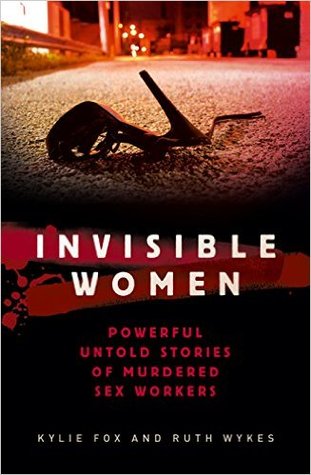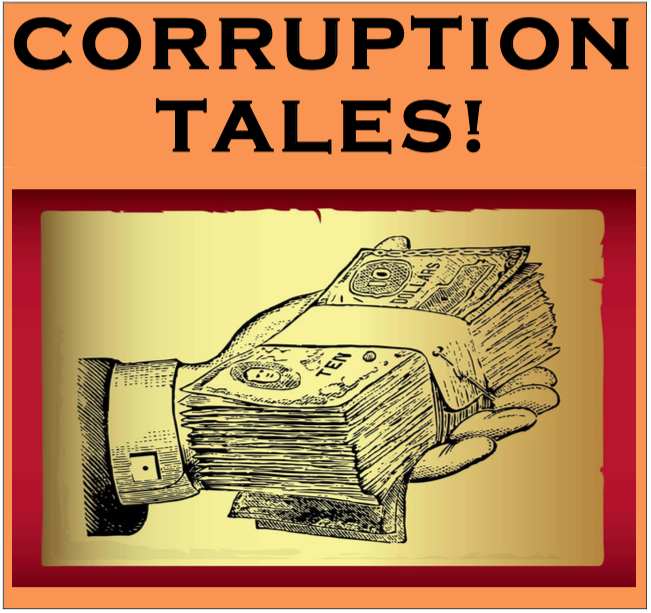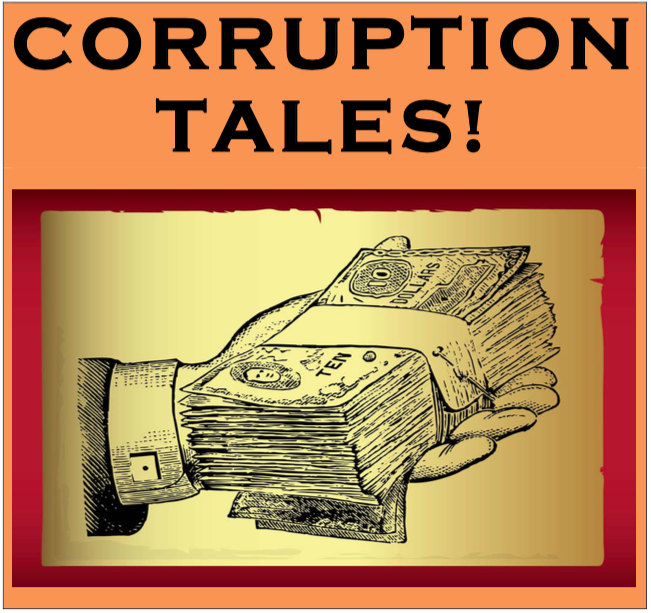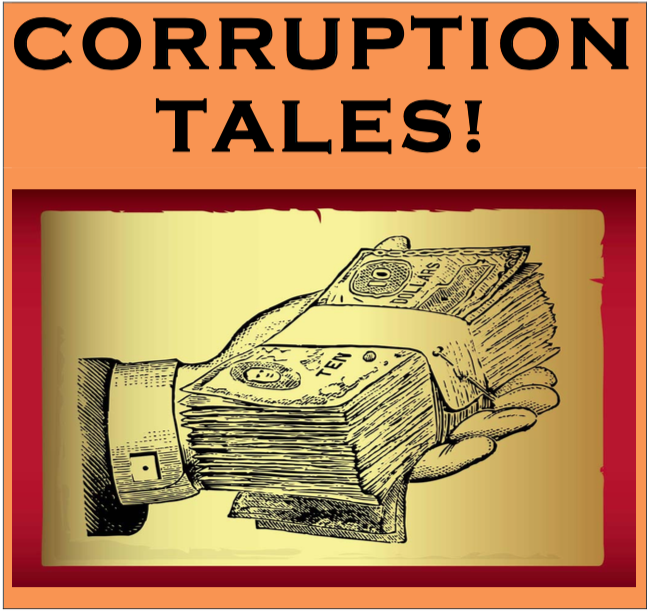| I don't read a great deal of true crime - I guess having investigated it for a hefty chunk of my career, reading it doesn't attract me as much as it does many people. I got on to this title from chatting with one of the authors, Ruth Wykes, for one of her current book projects. Combined with my last year and a half as a detective being in the Vice Squad, the subject of murdered sex workers was immediately of interest to me. This book is simply excellent. It is horrendous to read of one murder after another of these women, generally street-based sex workers and therefore some of the very most vulnerable women in society. The authors, Kylie Fox and Ruth Wykes, tackle this difficult subject with skill, writing in an informative and objective way, but displaying great compassion. A book like this, in less adept writing hands, could all too easily become a feminist-style polemic, but Fox and Wykes avoid this pitfall, and instead deliver a very readable, although incredibly sad, collection of accounts of the lives and brutal deaths of 65 sex workers around Australia since the 1970s. The appalling violence in these deaths, almost exclusively perpetrated by males, is spelled out, as it should be to illustrate its horror. The fact that only about half of these murders have ever been solved is also highlighted, with the point being clearly made that society as a whole, and the media and the cops in particular, often regard the lives of sex workers as somehow less valuable than other people. This, of course, is the central tragedy in the lives of these women and girls. Along with the perils of drug addiction, which walk hand-in-hand with sex work for many. Fox and Wykes have the breadth of understanding to see the true tragedy of the drug problem: that it is a health and welfare issue above all, rather than the crime problem that the Establishment in our society dictates it should be. As an ex-cop who has believed in drug legalisation, combined with harm-minimisation strategies, for a very long time (and whilst I was still in the police), these accounts of the dead women so strongly underscore taking a radically different approach to drugs in our society. If drugs had been legally available to these women, many of them would not have been street-based sex workers, and therefore many of them would probably still be alive, enjoying their families and friends and a much better life. There is a very sad irony here: the conservative forces, usually male-dominated, which control Australian society and create the moral taboo around sex work (despite so many of them being customers of the industry), are also the same forces who insist on prohibition of drugs (some of them are major beneficiaries of the drug trade, too). And the authors here manage to capture the hypocrisy of those in power with the corrupt links between police, politicians and the sex industry. On a final note, there was an added poignancy for me with this book: one of the murdered girls, Clare Garabedian, was a street-based sex worker in Perth when I was working vice there in the late 90s. I met Clare several times, another very young, drug-addicted human tragedy; someone whose life could potentially have been so different. I remember when she was murdered. Fortunately, those who killed her were caught and brought to justice. I can't recommend this book enough. All credit to the authors for their delivery: they have illustrated all the brutal and tragic aspects of these 65 cases, made many valid points of social commentary, highlighted the hypocrisy and failings in our society, and yet none of these aspects have been overplayed. Rather, the lingering effect of this book for me is the sheer humanity of it - this book is about many themes, but overwhelmingly it is about 65 people, women and girls, who tragically are no longer with us. ABP |
|
0 Comments
I spent several years as a Chief Investigator at the ICAC, and I loved the work we did. The amount of entrenched corruption in the New South Wales public sector, both state government and local government, is truly staggering. If you are a taxpayer/ratepayer, you genuinely have cause to despair.
At the ICAC, we did what we could and we did a lot of good work, within the constraints we had. Frankly, the ICAC could do with being a lot bigger than it is - there is no shortage of work for it. And being truly independent is vital. And I mean TRULY independent. Yet now, the NSW Premier has taken a butcher's knife to the ICAC and its Commissioner. Make no mistake, all of the recent castration of the ICAC by the State government is a direct payback for the outstanding work the Commission did in relation to exposing all the corruption in both major political parties in relation to financial donations. Do not be fooled by the pretence that the changes now proceeding were the result of the ICAC's investigation of a state prosecutor - all of that story is a fancy sideshow, convenient to the government to provide a smokescreen for its true motives. The changes are payback, pure and simple. The ICAC took on both the major political parties, exposed their inherent corruption, and now revenge is being served up. This would be a pitiful comment on our democracy at any time, but at a time when so many of our citizens view our political system with disdain and contempt, as utterly ruined and contemptible, and rightly so, it is nothing short of tragic. The NSW Premier and his government should forever be viewed as Santa and his elves for those who crave corruption in the future - it will be so much easier for them as a result of the neutering of the ICAC. And all in the month a former politician went to jail, as a result of an ICAC investigation. They really don't like to be held accountable, do they?!!! ABP |
A.B.PattersonBringing you hard-boiled and noir tales of crime and corruption. And various related opinions! Categories
All
Archives
January 2024
|




 RSS Feed
RSS Feed